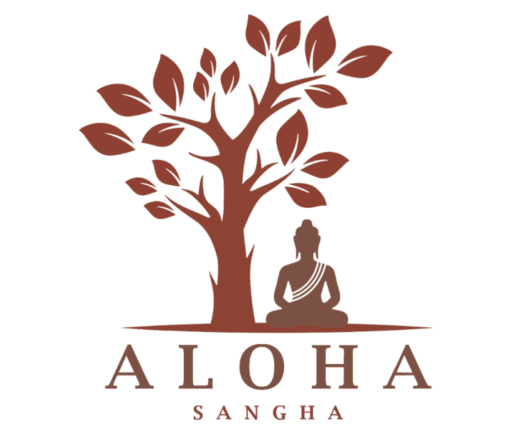no self help
Mindfulness meditation leaves the self-help mindset in the dust by challenging the existence of the very thing we are setting out to improve, the self.
In an article on the self-help movement in New York Magazine back in 2013, Kathryn Shultz observed she knows people who “wouldn’t so much as walk through the self-help section of a bookstore without The Paris Review under one arm and a puzzled oh-I-thought-the-bathroom-was-over-here look on their face.”
(Back when there were bookstores to hang out in).
Some of you reading this may have found appropriate advice at times in self-help literature, while some others may cringe at the mention of the topic.
Many self-help authors now embrace what our culture is calling “mindfulness” as part of the tools and skills they recommend their readers. And the research does show it helps overcome anxiety, stress, lower your blood pressure and re-wire your brain to be more caring and empathic.
more help, less self
In her critique of the self-help literature in the New York Magazine piece, Shultz quips:
God knows we all need more help, but possibly we need less self.
To which contemporary Buddhist authors might add — “touché.”
freeing up a stuck system
Mindfulness meditation leaves the self-help mindset in the dust by re-evaluating this thing we are setting out to improve, the self.
Mindfulness “teachings” do this when they enlist the help of their Buddhist host philosophy. A few clean, surgical incisions from Bodhisattva Manjushri’s razor-sharp wisdom sword can free up a very stuck system.
And after all, stuck-ness is the raison d’etre of self-help genre, right?
Many of us find ourselves stuck in financial worry, feeling awful for being over-weight, under-loved in a relationship going nowhere, existentially depressed or lost in a millennial haze of desperate distractions.
Maybe this is why we started meditating in the first place.
Buddhist mindfulness practice leads to clear insights into how we make up in our own heads the very self we are trying make happy. When these insights take firm root in our day to day life, the need to fix or cater to this fickle self can seem pretty hilarious when we’re in the right space to take this in.
the pure joy of the unconditioned
Before reaching for the next self-help trending book in your news-feed, if your are feeling low in mood, confused, or anxious, pause.
Contemplate these lines from William Butler Yeats’ poem “The Circus Animals’ Desertion,”
I must lie down where all the ladders start
In the foul rag and bone shop of the heart.
Just lie down in the perceived stuck-ness of your heart.
Give up hope and fear.
Don’t rush to pull yourself out.
If you can hang with this mindfully, patiently, softly … an extraordinary joy can sneak up on us.
As the contemporary Buddhist writer Susan Piver writes, it’s …
the most rare kind of comfort … the comfort of coming into contact with the unconditioned.
Just life as it is, moment by moment, released from any compulsion to make it conform to some notion we have in our head.
Ah, mindfulness!








